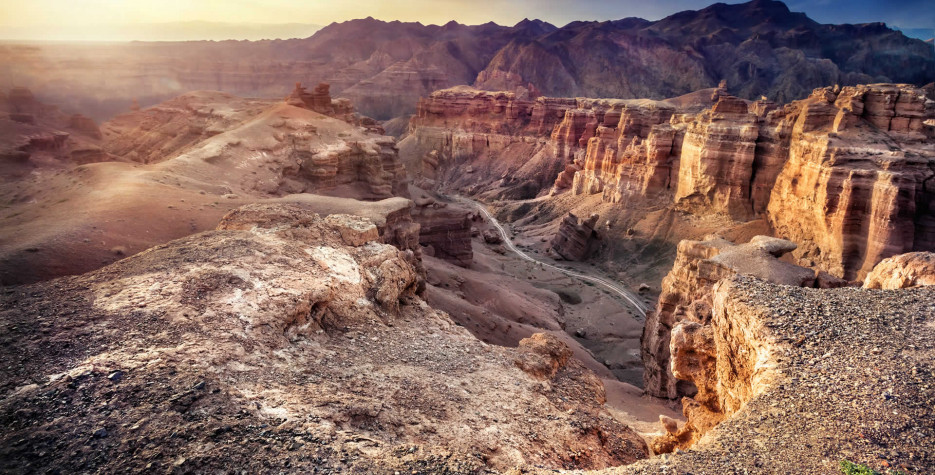When is Kazakhstan Republic Day?
This day is celebrated annually on October 25th. If October 25th falls on a weekend, the following Monday will be a holiday.
The holiday was revived in 2022, following the removal of First President's Day.
History of Kazakhstan Republic Day
The holiday was celebrated in Kazakhstan until 2009. The proposal to revive the important date was put forward by Kazakh President Kassym-Jomart Tokayev during the first National Kurultai (Congress) on June 16 in the Ulytau Region. In September 2022, President Tokayev signed the law on amendments to some legislative acts of Kazakhstan on cinematography, culture and holiday.
The Declaration on the State Sovereignty of the Kazakh SSR (Soviet Socialist Republic) was adopted on October 25th 1990, representing the country’s first step on the way to its independence.
For the first time, the document enshrined statehood principles such as integrity, indivisibility, territorial inviolability, the development of the Kazakh people’s culture and language, and the strengthening of national identity.
The document also proclaimed the principle of independent regulation of political, economic, and social problems.
Kazakhstan’s Constitutional Law on State Independence, adopted on December 16th 1991, is based on this underlying declaration.
The Declaration also divided state power into legislative, executive, and judicial branches. The President had the highest administrative and executive power.
Since the legal beginning of Kazakhstan's movement towards true independence, the country has been a champion of non-proliferation, disarmament, and global dialogue and has advanced efforts in international peace and security.
As of today, Kazakhstan is ranked the world’s ninth-largest crude oil exporter and holds the 15th-largest amount of proven natural gas reserves. Among the post-Soviet countries, Kazakhstan owns the largest deposits of liquid hydrocarbons behind Russia. The country stepped into the global oil market in 1993 after the country’s government and Chevron agreed to establish a giant oil-production venture, Tengizchevroil, to produce oil in two big fields near the Caspian Sea. In 1997, Kazakhstan signed a production sharing agreement with seven international companies, including Agip, British Gas, British Petroleum, Mobil, Shell, Statoil, and Total.
The country has joined the world’s most influential international organizations such as the United Nations, the Organization for Security and Co-operation in Europe, the Shanghai Cooperation Organization, and the Organization of Islamic Cooperation. Kazakhstan has become the first Central Asian country to be elected to a two-year term to the Security Council, the high-profile and permanent UN body that investigates international disputes and situations that often involve global tension.
Today, Kazakhstan is home to more than 19 million people, uniting different ethnicities, including ethnic Kazakhs, which make up 70% of the population. Russians, Uzbeks, Ukrainians, Tatars, Germans, Koreans, and Azerbaijanis are all present in the country, along with other minorities.


